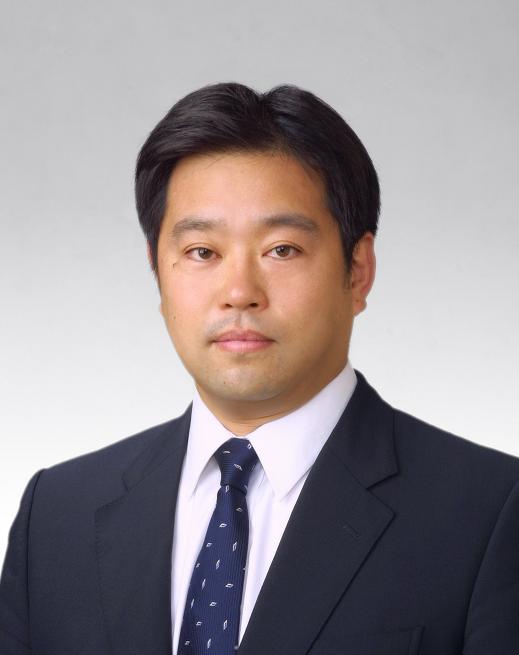※ Affiliations and titles are as of the end of the research activity.
Strategic Objectives
Research Supervisor

Outline
The goal of this research area is to create the fundamental information technologies that will make it possible to design new social systems for an age of social change based on these information technologies. Fundamental technologies will be created to help enable intelligent and integrated analysis, processing and control of information, as well as the establishment of new services and social structures in areas that include social infrastructure including mobility, healthcare including nursing care, disaster prevention and mitigation, and robotics.
Specifically, research in this research area will focus on such things as advanced sensing technologies,which make it possible to gather and acquire enormous quantities of diverse types of information, real-time data processing technologies, system optimization technologies, communication support using intelligent media, data processing and knowledge processing technologies that incorporate artificial intelligence and the like, and security and privacy enhancement technologies that can accommodate various types of equipment and systems.
This research area will operate as part of the Advanced Integrated Intelligence Platform project (AIP project) of the Ministry of Education, Culture, Sports, Science and Technology
Research Area Advisors
・Akiko Aizawa
Professor, National Institute of Informatics Digital Content and Media Sciences Research Division
・Hiroshi Imai
Professor, The University of Tokyo Department of Computer Science Graduate School of Information and Science
・Tetsuya Ogata
Professor, Waseda University Faculty of Science and Engineering
・Hisashi Kashima
Professor, Kyoto University Graduate School of Informatics
・Yuka Kato
Professor, Tokyo Woman’s Christian University School of Arts and Sciences, Division of Mathematical Sciences, Department of Information and Sciences
・Nobuo Kawaguchi
Professor, Institute of Innovation for Future Society, Nagoya University
・Tatsuhiko Tsunoda
Professor, Graduate School of Science, The University of Tokyo
・Toyoaki Nishida
Professor, Kyoto University Graduate School of Informatics
(Resigned on March 31th, 2017)
・Takahiro Hara
Professor, Graduate School of Information Science and Technology, Osaka University
・Ryuichiro Higashinaka
Professor, Nagoya University Graduate School of Informatics
・Mitsuru Matsui
Executive Fellow, Mitsubishi Electric Corporation Corporate Research & Development Group
・Keiji Yamada
Senior Vice President, NEC Asia Pacific Pte. Ltd.